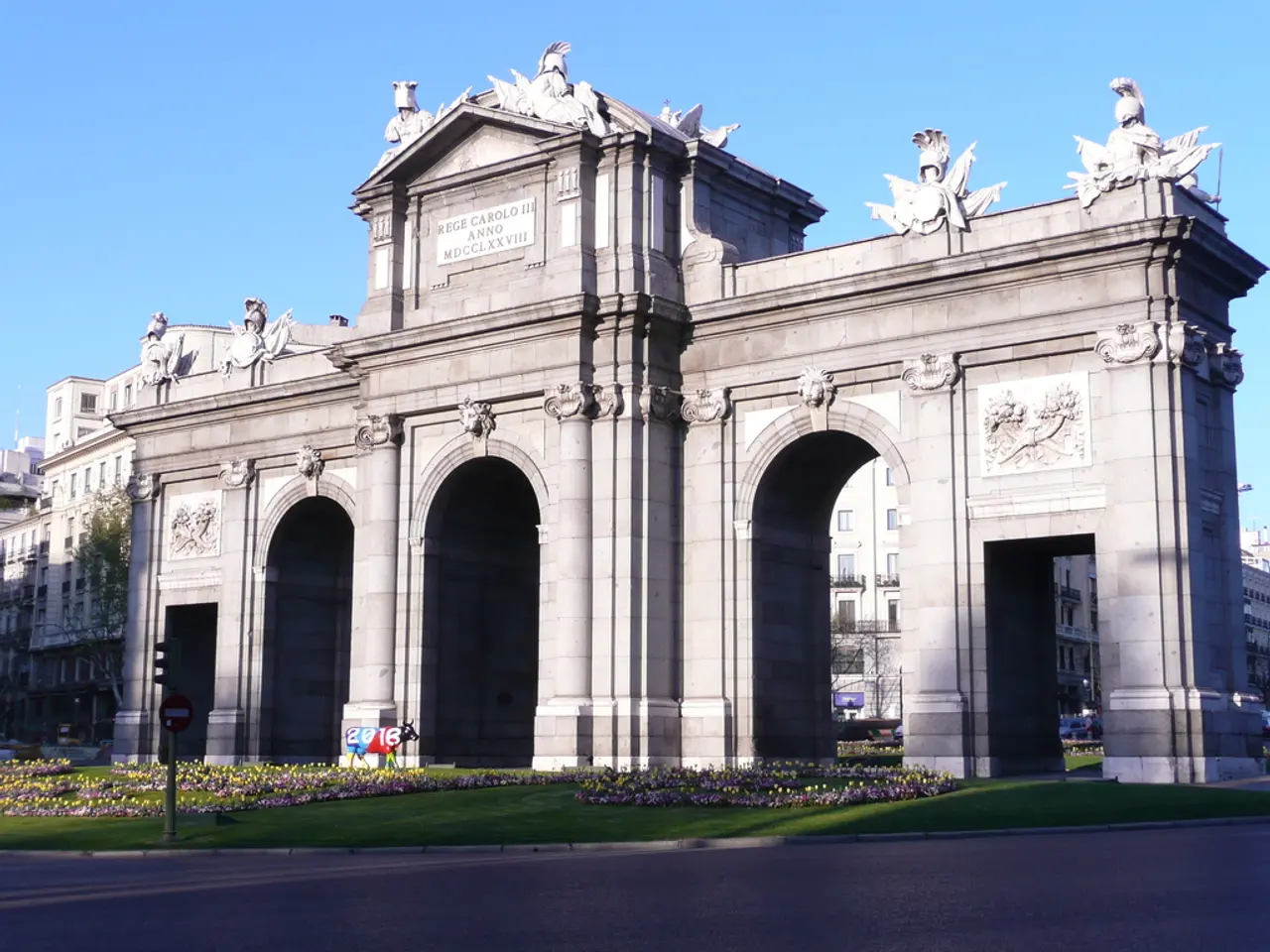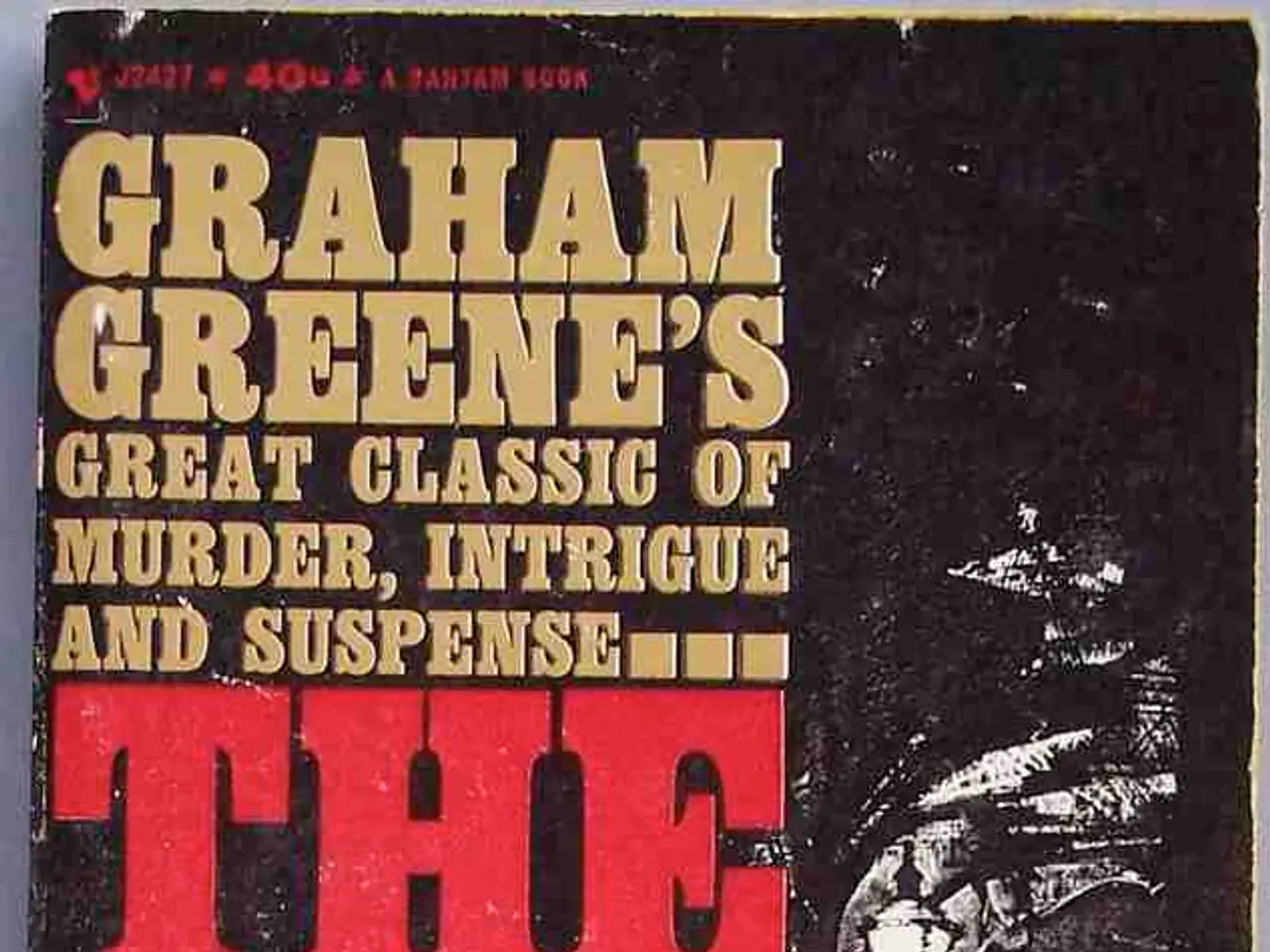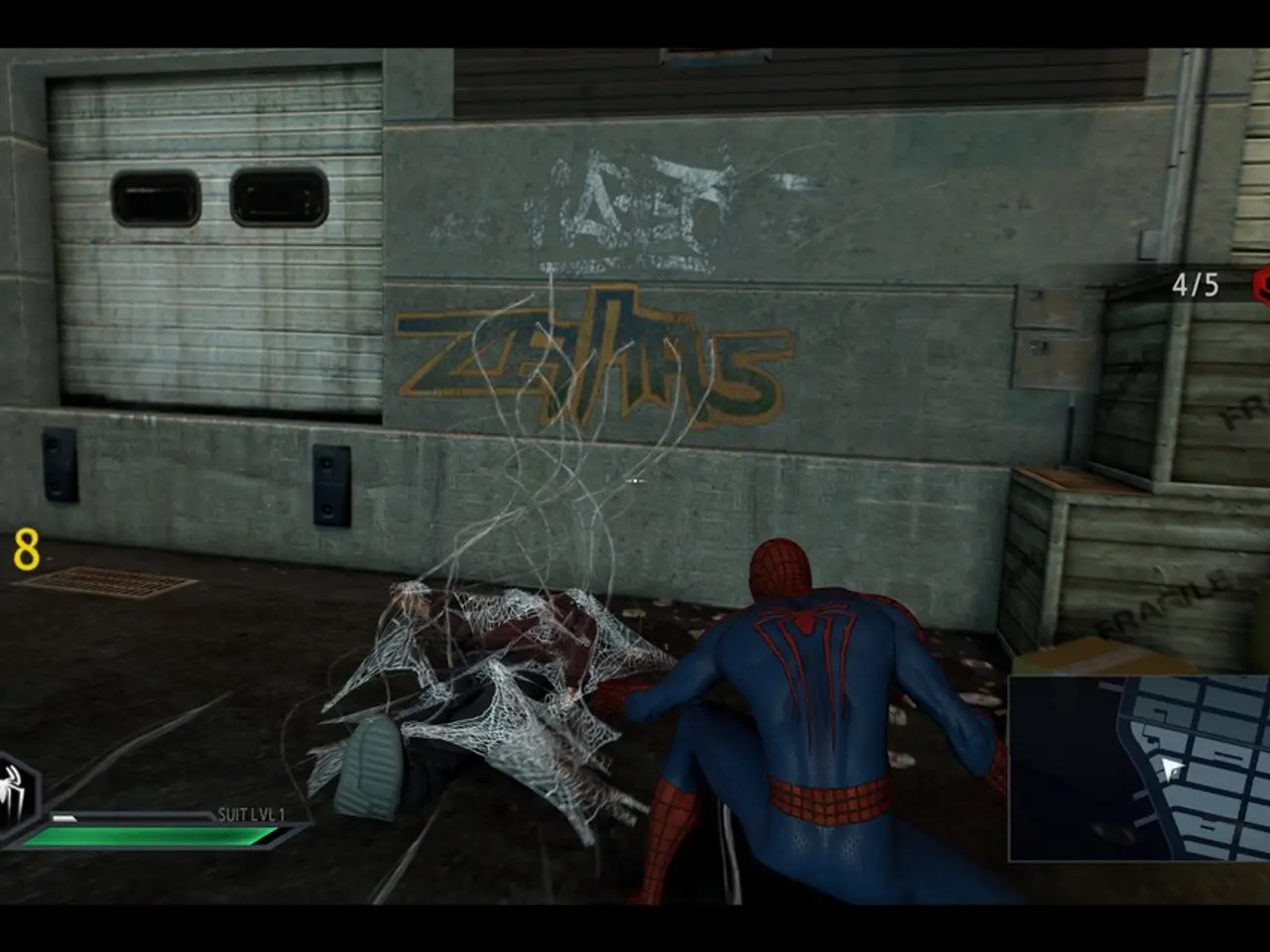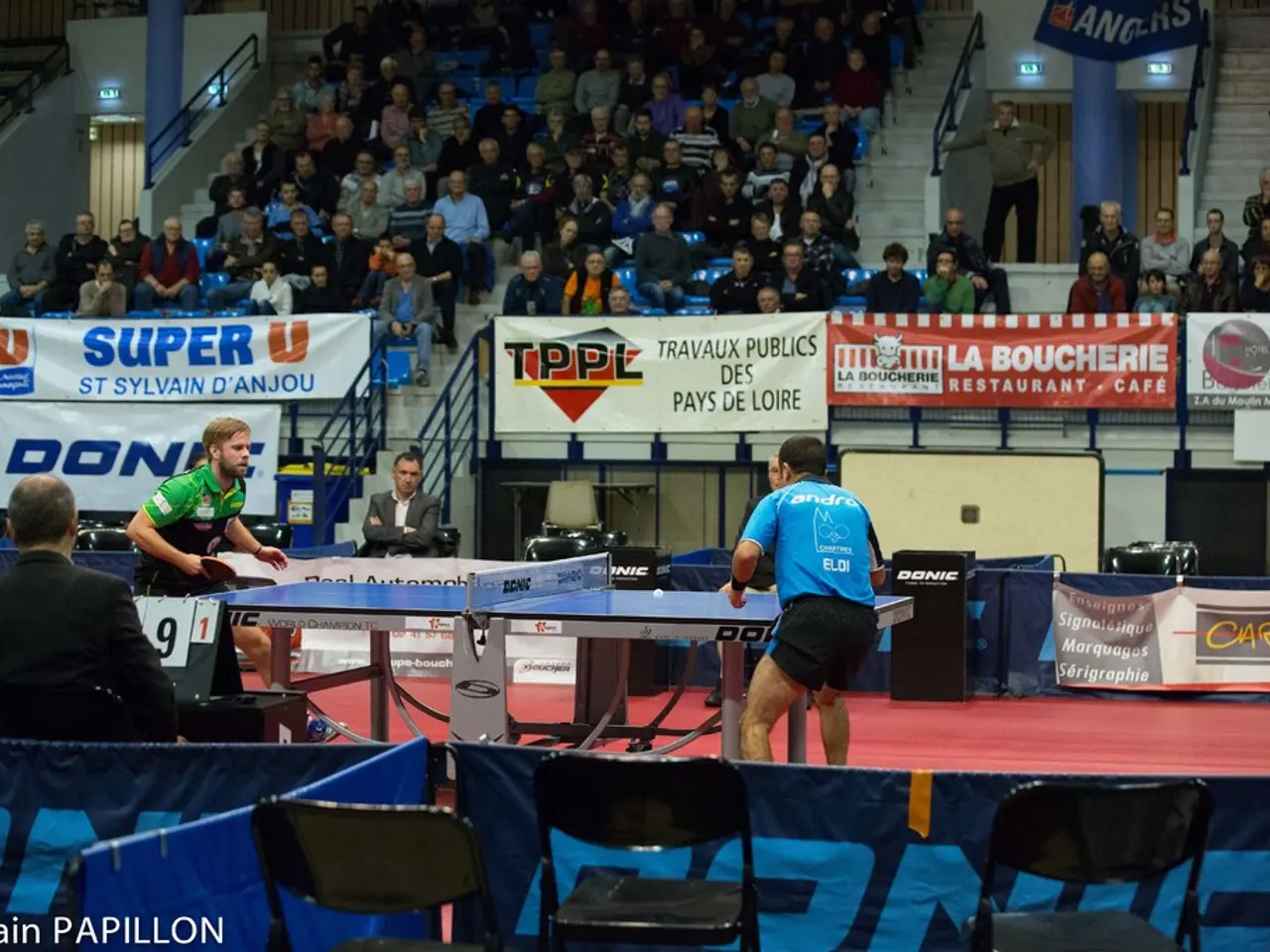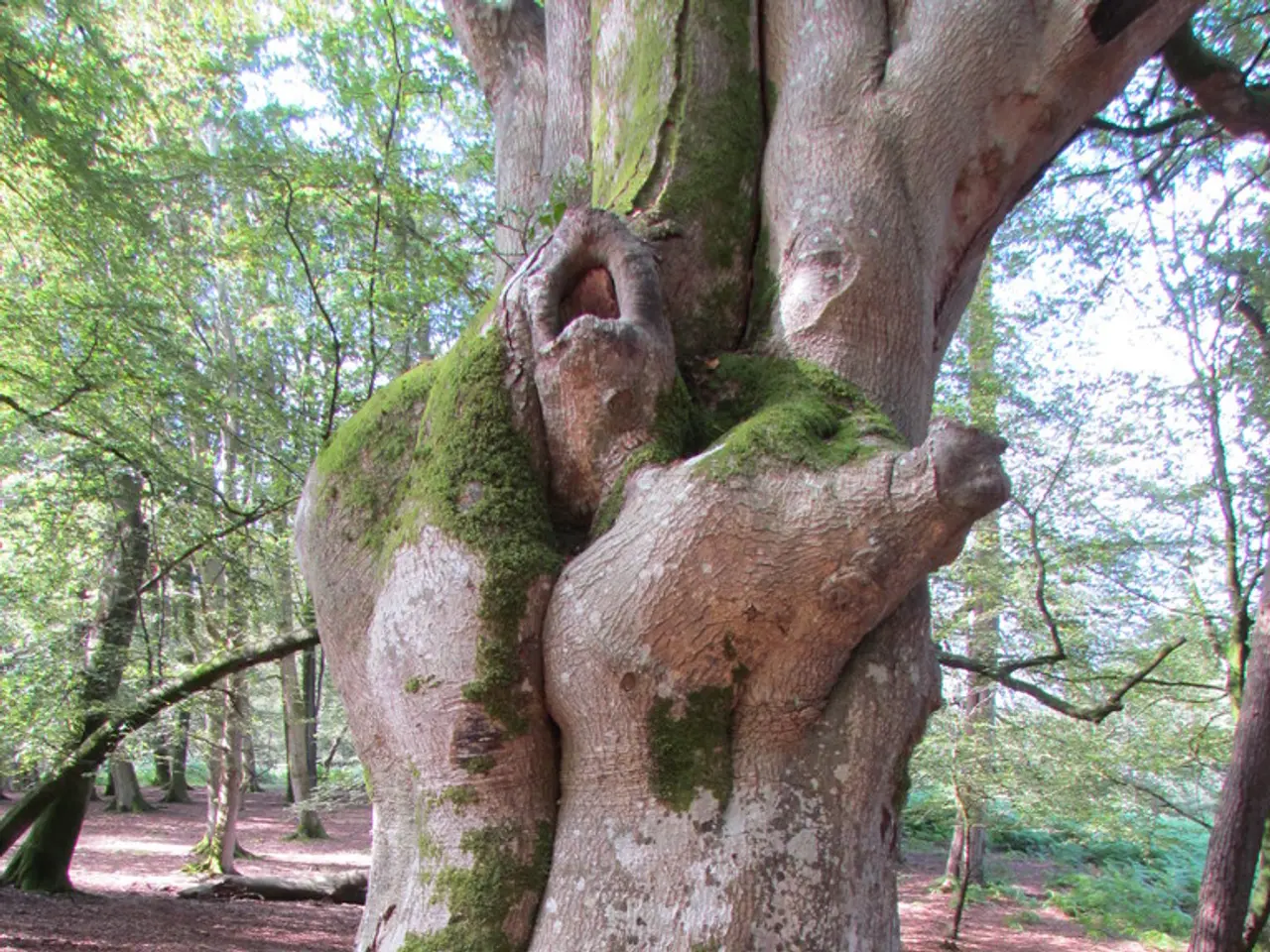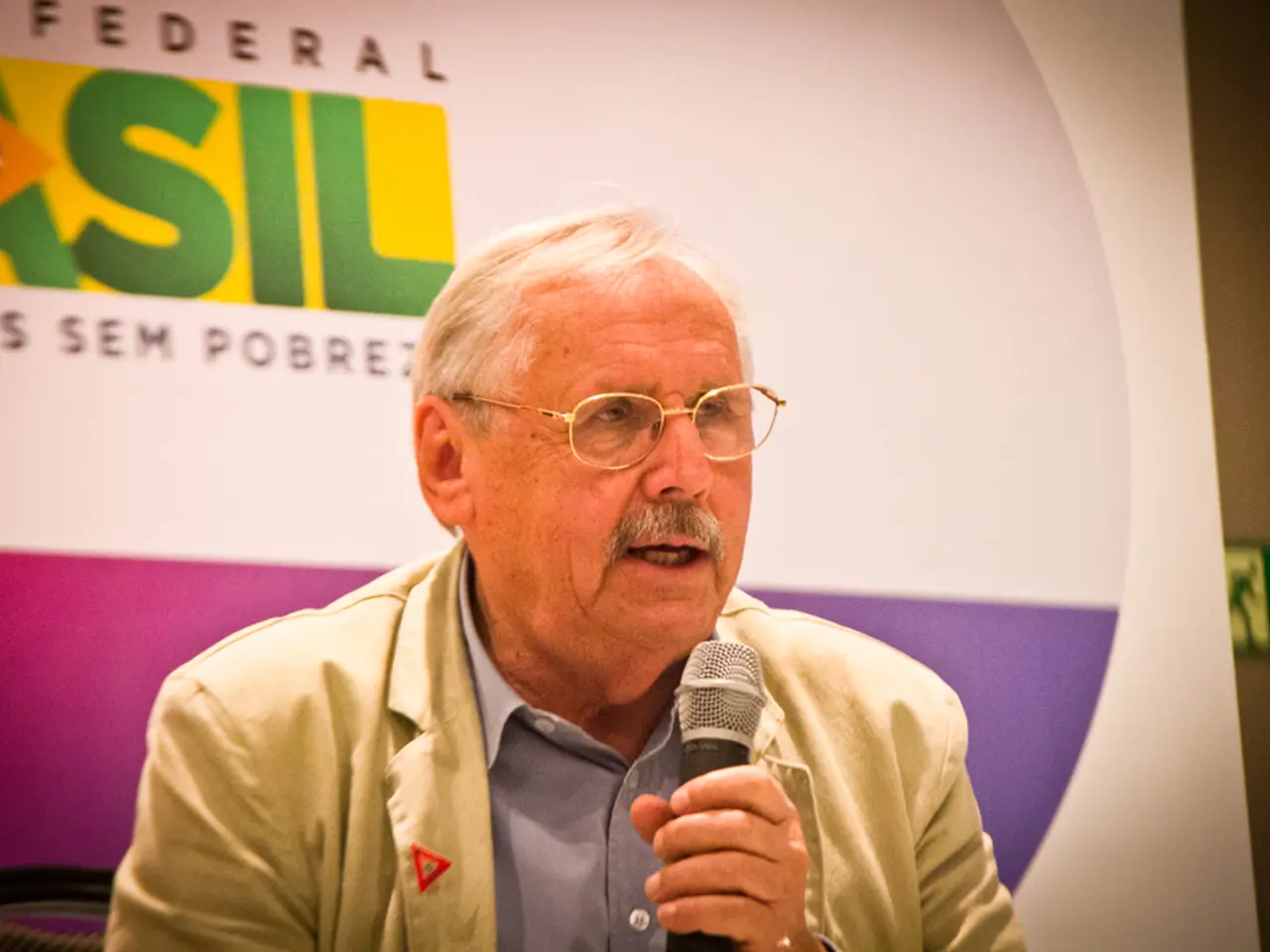"Yakut cinema's retrospective unfolded in Paris"
Authentic Yakutian cinema, deeply rooted in unique local themes and traditions, is capturing the attention of audiences around the world. This cinema, often drawing from the rich cultural heritage of the Yakut people, offers a fresh perspective on universal themes through the prism of local traditions, yet in a modern language.
One of the most distinctive sources of thematic material for Yakutian cinema is the Olonkho epic tradition—ancient heroic poems of the Yakut and Dolgan peoples, some predating the 14th century migration of Yakuts. Olonkho tales include motifs such as miraculous births, heroic feats, and profound connections to the natural and spiritual world, providing a narrative richness that influences film storytelling and cultural representation in Yakut cinema.
Moreover, Yakut cinema often incorporates local traditions tied to the Arctic and permafrost environment, highlighting the indigenous peoples' life, shamanistic practices, and cultural identity within a modern framework. This is supported by institutions like the Arctic State Institute of Culture and Arts in Yakutsk, which focuses on preserving and revitalizing the cultural heritage of northern and Arctic peoples and preparing creative professionals who blend traditional culture with contemporary arts, including cinema.
The VI Festival of the Russian Geographical Society, held recently in Moscow, showcased Yakut culture, including film and performing arts, alongside other ethnic traditions within Russia. The festival featured exhibitions, performances, and film screenings that celebrated the distinct heritage of Yakutia, demonstrating how local themes and traditional arts find expression on modern cultural stages.
The Russian Spiritual and Cultural Center (RSCCC) in Paris is also showcasing contemporary Yakutian cinema to French audiences. The RSCCC is hosting a retrospective of nine films shot in Yakutia, with the aim of introducing French audiences to the unique world of Yakutian cinema. The event, organised with the participation of the Yakutian Film Association 'Yakutia' and the company 'Sakhafilm', includes films like "White Steamship", a story about the connection between a person and nature, memory passed down through generations, and finding one's own path amidst myths and reality.
The RSCCC retrospective opened with the drama "White Steamship" (2024) by director Inga Shepeleva, followed by the sports drama "Triumph" (2024) by Mikhail Lukachevsky, the drama "SPID STAR" (2024) by Aleksey Ambrosev Jr., the documentary film "24 Snows" (2015) by Mikhail Baryshnikov, and the comedy-drama "Yt" (2021) by Stepan Burnashev and Dmitry Davydov. The filmmakers involved in the RSCCC retrospective work with minimal resources but with great involvement, reflecting the active film community in Yakutia.
The retrospective is part of a tradition at the RSCCC where August is dedicated to Russian cinema. It is a testament to the growing interest in Yakutian cinema due to its "deep authenticity and sincerity" as noted by its producer, Yanа Buriak. The authors of Yakutian cinema continue to tell universal themes like love, family, or connection to nature through the prism of local traditions, but in a modern language, making it a unique and captivating addition to the global cinema landscape.
References: 1. The Olonkho Epic in Yakut Cinema 2. VI Festival of the Russian Geographical Society 3. Arctic State Institute of Culture and Arts 4. Yakutian Film Industry 5. Russian Spiritual and Cultural Centre in Paris
Movies-and-tv within Yakutian cinema, such as "White Steamship" and "Triumph", offer a unique blend of local traditions and modern storytelling, capturing universal themes like love, family, and connection to nature. This entertainment, showcased at the Russian Spiritual and Cultural Centre in Paris and the VI Festival of the Russian Geographical Society, derives inspiration from the rich cultural heritage and Olonkho epic tradition of the Yakut people.
